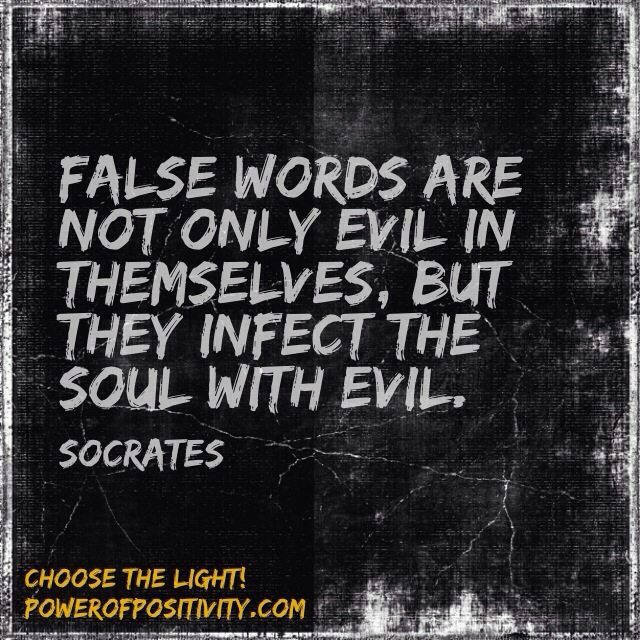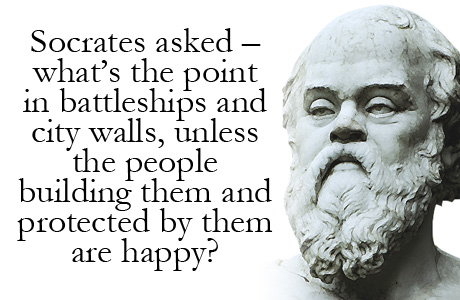
Unlike the philosopher-kings appearing later in the book, these philosophically natured guardians approve only of that with which they are already familiar and they attack whatever is new. The guardians must be lovers of learning like "noble puppies" who determine what is familiar and foreign by "knowledge and ignorance" (376 b). Socrates says that those fit for a guardian's education must by nature be "philosophic, spirited, swift, and strong" (376 c). Thus, the guardians' education is primarily moral in nature, emphasizing the blind acceptance of beliefs and behaviors rather than the ability to think critically and independently. Education in music for the soul and gymnastics for the body, Socrates says, is the way to shape the guardians' character correctly and thereby prevent them from terrorizing the citizens. Socrates suggests that the guardians be controlled through an education designed to make them like "noble puppies" that are fierce with enemies and gentle with familiars (375a). With the ever-present danger of tyranny accompanying military rule, efforts must be made to curb the guardians' natural tendency to lord over the citizens. More land is needed to hold the burgeoning population and its possessions and a specialized military is needed to carry out conquests and guard the city from its neighbors. As soon as Socrates allows fineries, however, the city quickly becomes rife with potential trouble. Caught up in the fun of imagining the ideal city, Glaucon cannot fathom that it would be as austere as Socrates suggests and desires that it be more luxurious.

The most explicit account of education arises after Glaucon questions the moderate and plain lifestyle required in Socrates' just city "of speech" (369a). After gaining an understanding of the two accounts, the paper will analyze them in relation to Socrates' own pedagogical method, and thereby unveil the ideals of Socratic education. This paper will first examine the dialogue's two explicit accounts of education, addressing both their similarities and differences. In accordance with the progressive, playful, philosophical education suggested by the cave analogy and the philosopher-kings' education, Socrates uses numerous varying and often conflicting ideas and images (among which is the first account of education) to gradually guide his pupils toward a personal realization of knowledge and philosophy. The first account of education, however, is not included in the dialogue without purpose. Socrates' pedagogical approach with the interlocutors corresponds closely with his vision of the education of the philosopher-kings-an overlap which suggests that the allegory of the cave is representative of true Socratic education. While the dramatic context of the dialogue makes facets of the Republic difficult to grasp, in the case of education, it also provides the key to locating and understanding Socrates' true vision of education.



Not only does Socrates (Plato's mouthpiece in the dialogue) posit two differing visions of education (the first is the education of the warrior guardians and the second is the philosopher-kings' education), but he also provides a more subtle account of education through the pedagogical method he uses with Glaucon and Adeimantus. Plato's beliefs on education, however, are difficult to discern because of the intricacies of the dialogue. Although Plato's Republic is best known for its definitive defense of justice, it also includes an equally powerful defense of philosophical education.


 0 kommentar(er)
0 kommentar(er)
